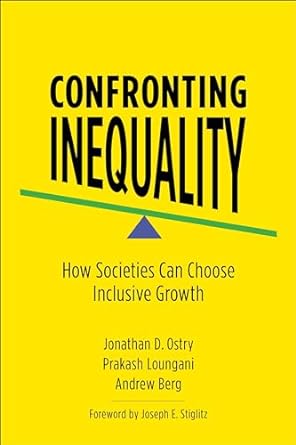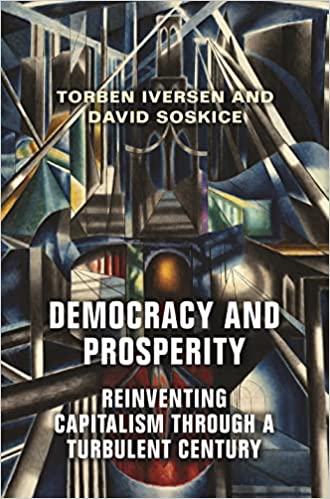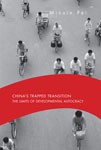Book Details

Confronting Inequality : How Societies Can Choose Inclusive Growth
onathan D. Ostry, Prakash Loungani, and Andrew Berg demonstrate that the extent of inequality depends on the policies governments choose—such as whether to let capital move unhindered across national boundaries, how much austerity to impose, and how much to deregulate markets. While these policies do often confer growth benefits, they have also been responsible for much of the increase in inequality. The book also shows that inequality leads to weaker economic performance and proposes alternative policies capable of delivering more inclusive growth. In addition to improving access to health care and quality education, they call for redistribution from the rich to the poor and present evidence showing that redistribution does not hurt growth. Accessible to scholars across disciplines as well as to students and policy makers, Confronting Inequality is a rigorous and empirically rich book that is crucial for a time when many fear a new Gilded Age.
Preface
Introduction
Inequality: Measures and Drivers
Inequality and Sustained Growth
Structural Policies and Inequality
Financial Globalization and Inequality
Austerity and Inequality
Central Banks and Inequality
Technology, Robots, and Inequality
Remedies for Inequality—Redistribution
Conclusions
Data Appendix
Technical Appendix
Glossary
References
Index

How Much Inequality Is Fair? : Mathematical Principles of a Moral, Optimal, and Stable Capitalist Society

Democracy and Prosperity: : Reinventing Capitalism through a Turbulent Century

Toward a Just Society : Joseph Stiglitz and Twenty-First Century Economics
Popular Picks on the Month













